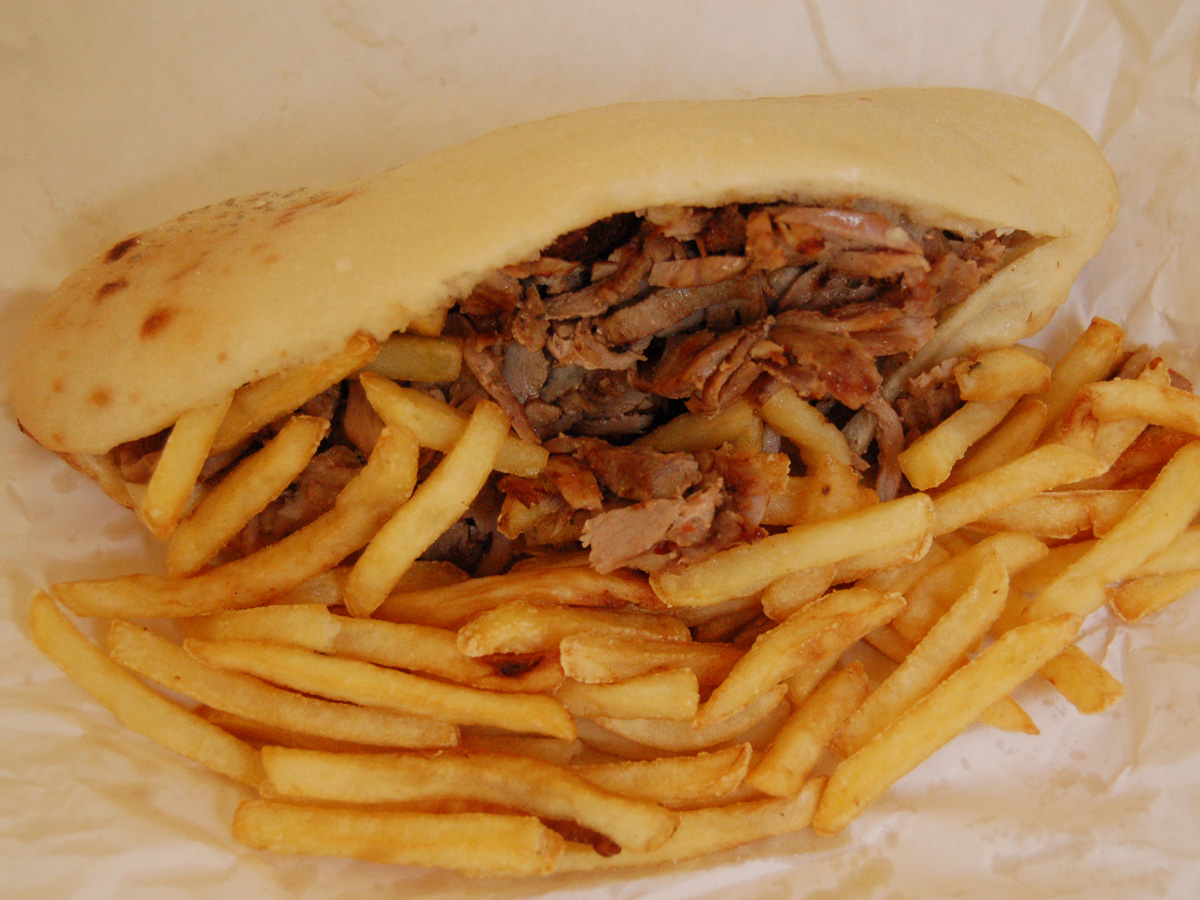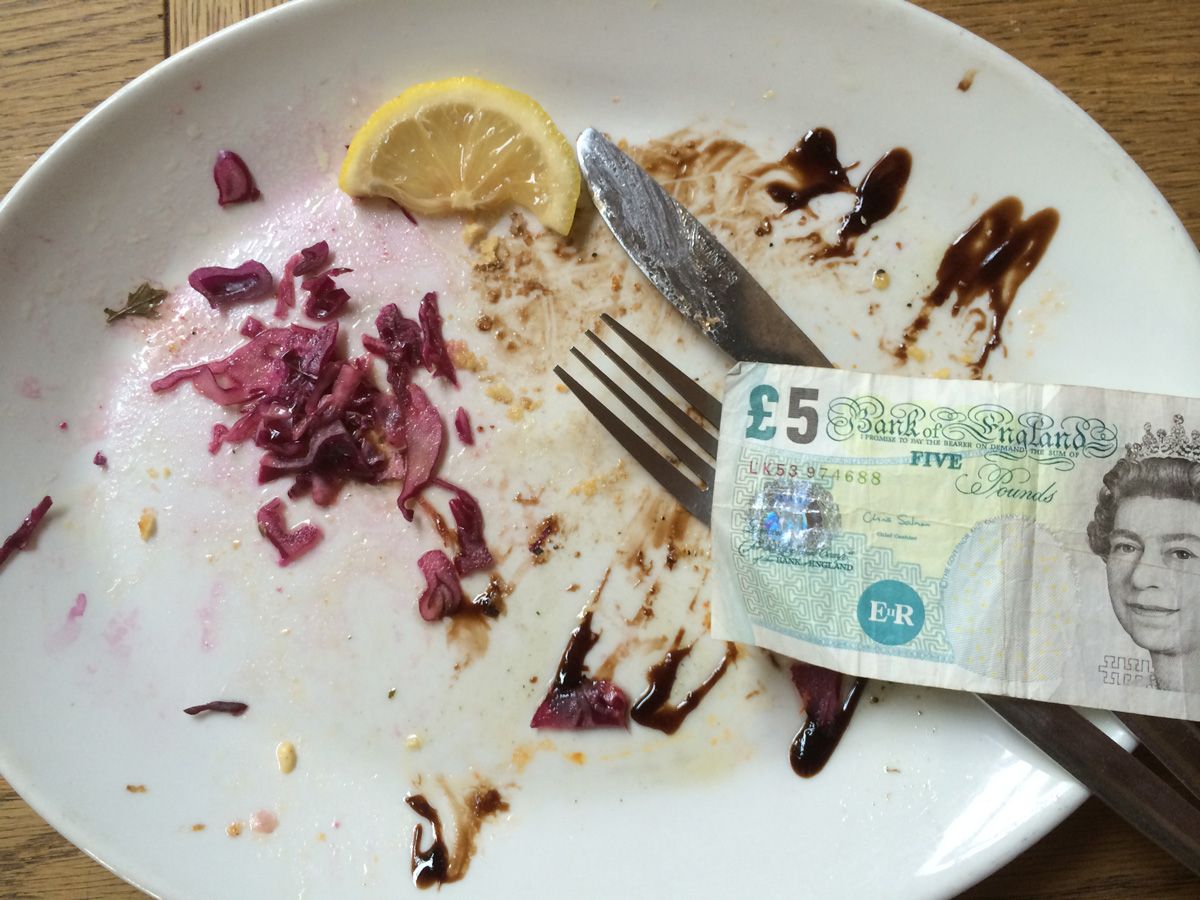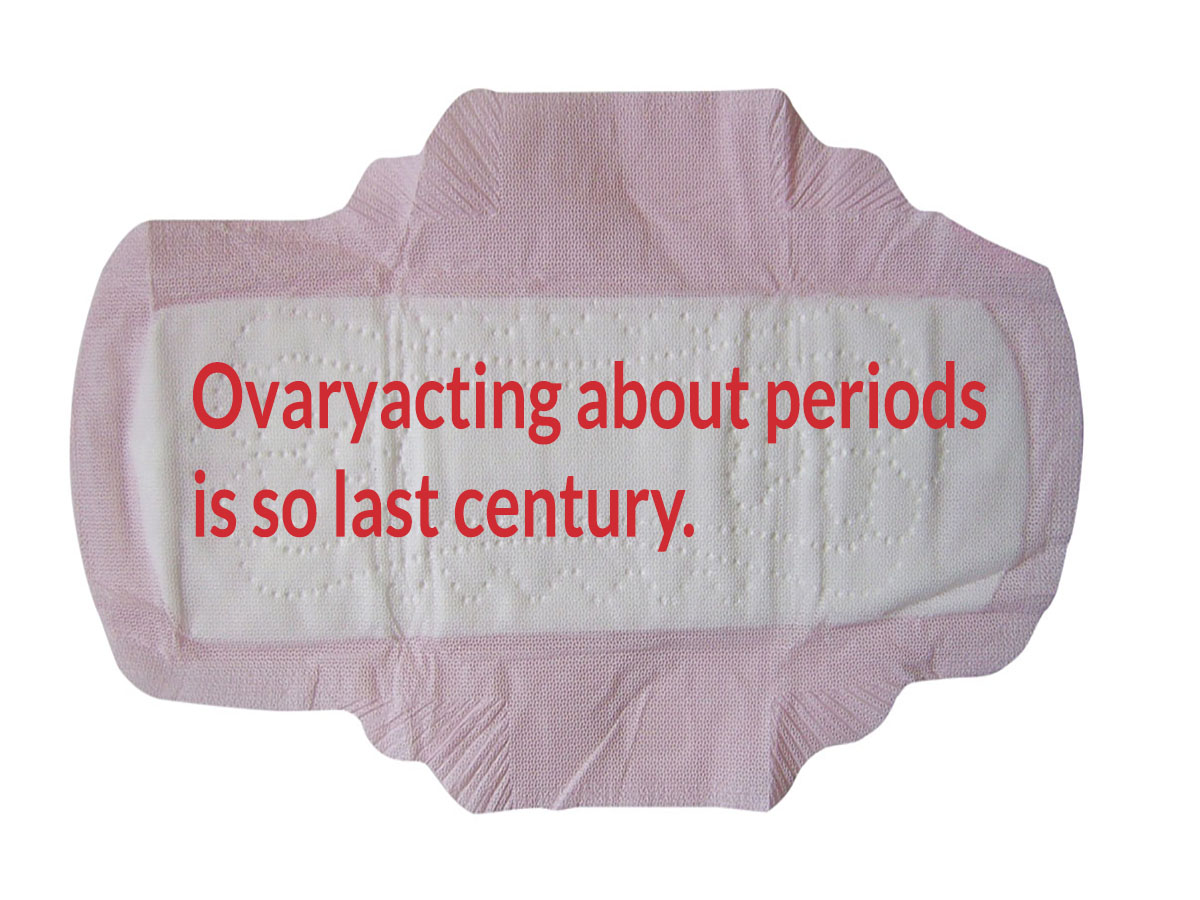Healthy Eating on a Budget
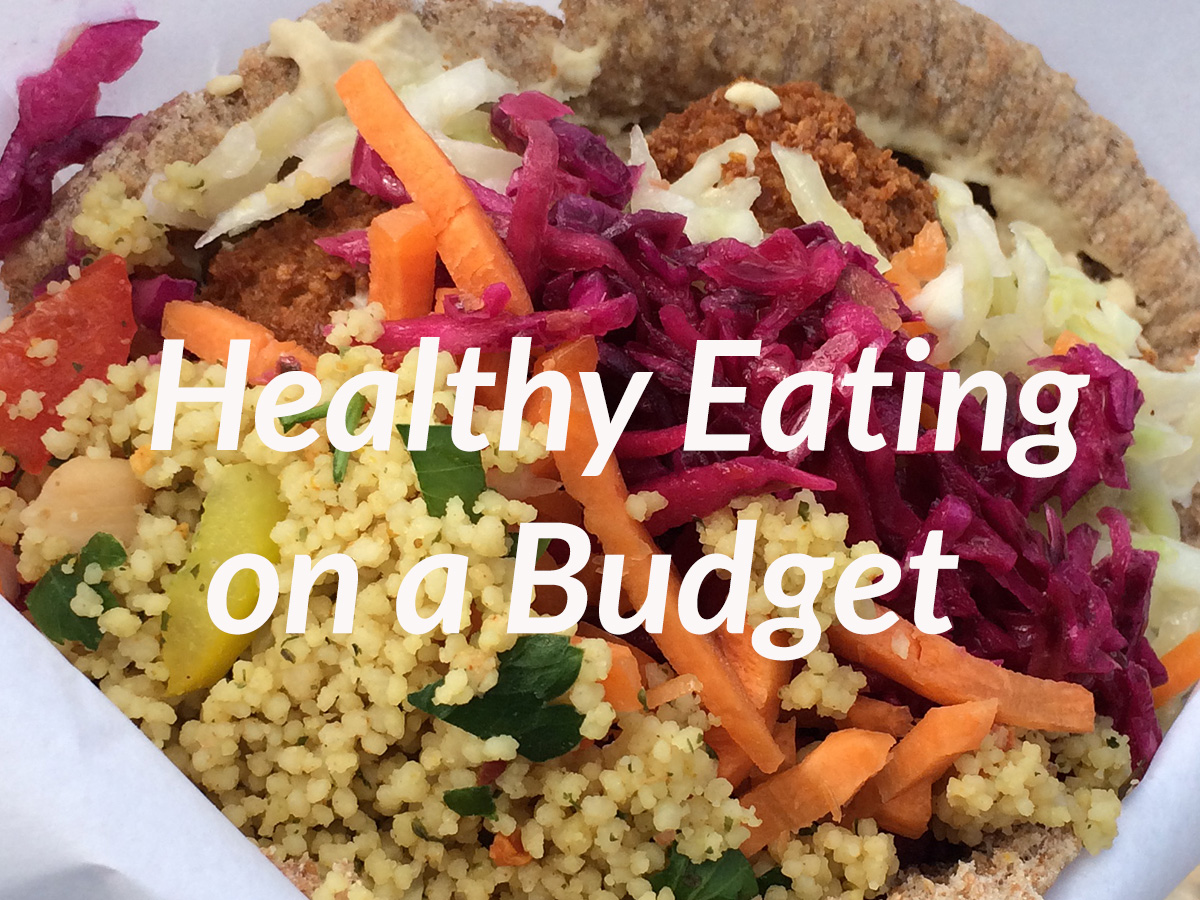
Photo courtesy of Leo Shire, edit: Yero Timi-Biu
Fast food can be cheap and convenient, but quick homemade healthy meals can be too. As Fresher’s week approaches, Yero wants you to know that making your own balanced meals for fuel can be fun to make and better for your wallet.
Inexpensive meals on the go are easily accessible…
In a lot of cities in England, a chicken and chips meal will set you back a whopping £1. Inexpensive meals on the go are easily accessible and there’s a takeaway selling cheap and processed fast-food on seemingly every street corner. I can remember the amount of midnight adventures to Slix I went on, completely ignoring the still-open newsagent that sold fruit and vegetables. But who wants to make a salad at midnight? Not many people. For more appropriate eating times before midnight, ingredients for a healthy balanced meal (eating the right amount of food for how active you are and a varied range of food groups) are easily accessible too, for little money.

source: constantlyvariedgear.com
We are continuously being told that eating healthily, in comparison to the cost of eating junk food will burn a hole in our pockets. I would like to debunk this myth once and for all. As someone with lots of allergies and food intolerances, I have to be selective in what I consume and I make most of my meals myself because I need to know every single ingredient. I eat a mainly plant-based diet and buy all my fruit and veg, pulses and grains from Aldi with my weekly bill coming to a maximum of £12 (yes, you read it correctly), which equates to four meal deals from Tesco.
Jamie Oliver has made it clear that sugar is the devil, and usually the sugar we consume is hidden in the ingredients and additives. We aren’t supposed to have more than 30g of added sugar a day, (a can of Coca-Cola has 39g), so making your own food means you know exactly what’s in your food, and ultimately what goes in to your body. While I’m for boosting the amount of fruit and veg you eat, and reducing sugar intake – it is important to note that restricting yourself from one particular food group is dangerous as you won’t be getting all of the nutrients you need.

source: weknowmemes.com
For those of us with sensitive stomachs, food intolerances or conditions like Irritable Bowel Syndrome, you can find lots of alternatives and tips on what food to avoid online or you can be referred to a dietician by your GP. Ella Woodward started her ‘Deliciously Ella’ blog as a way of coping with her rare illness, Postural Tachycardia Syndrome (PoTS). She documented her journey of giving up meat, dairy, gluten, sugar and anything processed. Eighteen months after her lifestyle change, her chronic pain vanished; she had much more energy and came off her medication. This type of diet may be extreme for others, but it is a testimony about the correlation between how you feel and what goes in.
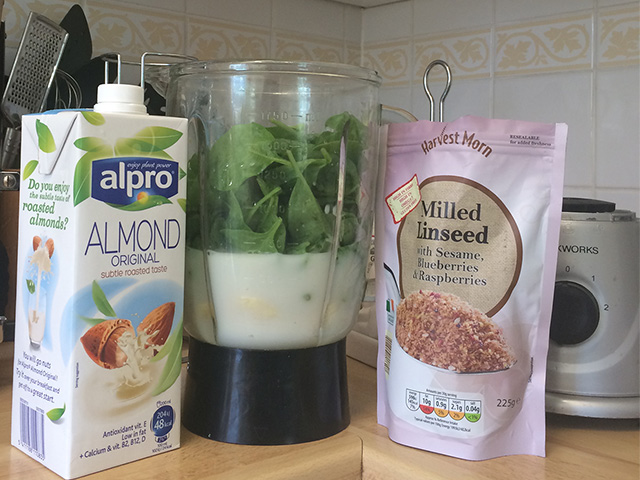
Photo courtesy of Yero Timi-Biu
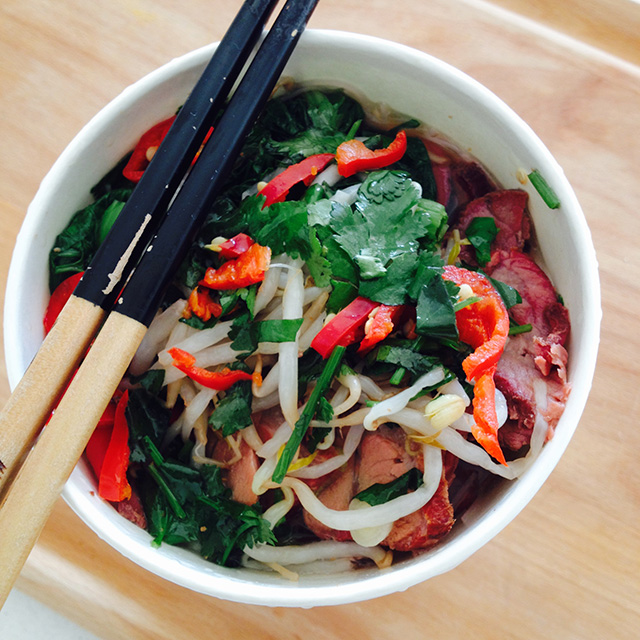
Photo courtesy of Jess Connett
Here are ways to save some cash, getting your nutrients and experimenting:
Buy reduced food. Don’t shy away from the ‘Use By’ label. Lots of supermarkets reduce their fresh foods at the end of the day, you can usually still eat the food the next day.
Meticulously plan your meals. If you’re trying to save cash and still want to have a healthy balanced meal for lunch, make sure you have enough ingredients to cook up a large batch to be eaten over a few days.
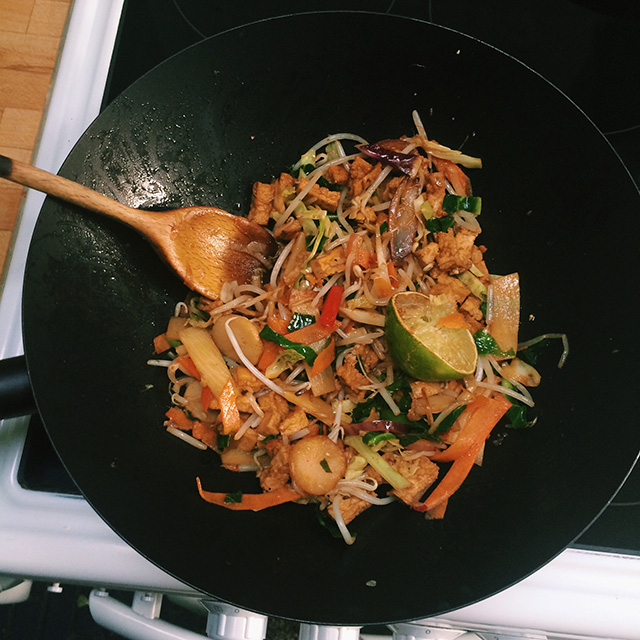
Photo courtesy of Leo Shire

source: pinterest.com
Be adventurous with left overs. See how many meals you can concoct from leftovers from the night before. Leftover breakfast casserole, anyone?
Eating with friends. Organise more shared meals and food related hangouts with your friends. Splitting the costs of a huge homemade meal for lots of people is a great way to learn new recipes and to see just how far money can stretch for meals.
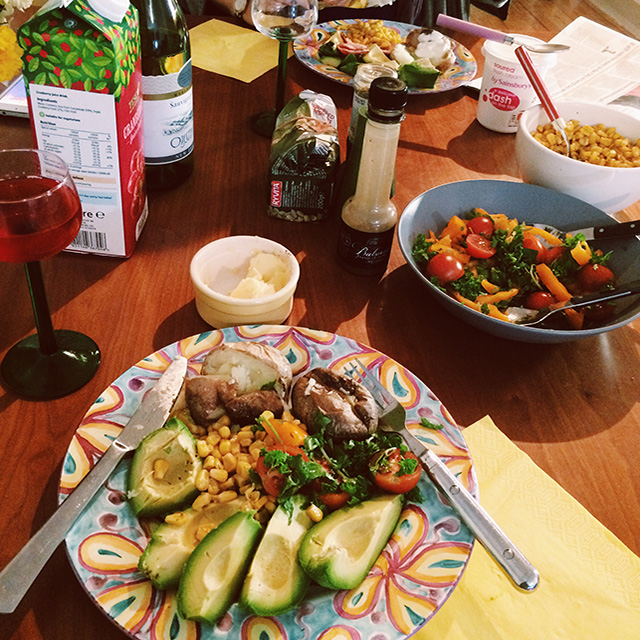
Photo courtesy of Leo Shire
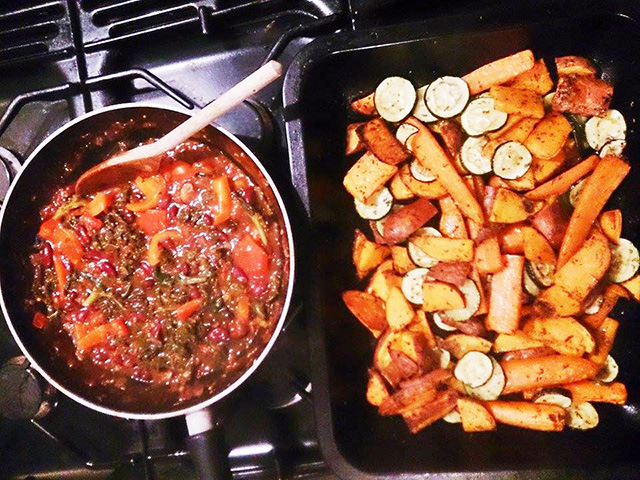
Photo courtesy of Jack Edwards
Although it’s great to be conscious of how much you’re spending on food and how much of the not-so-healthy food you’re consuming, it is vital to remain that a little of everything is the best option, and you should never deprive yourself. So if you have the funds and feel like splurging £8 on a burger, go for it – but just remember there are other (healthier) options you could go for too.
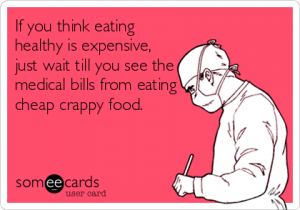
source: somecards.com
I know that it’s unlikely that people who are just starting out will take any of this advice because there is just too much to think about already, but the time will come that your finances are looking a bit grim and all the kebabs, burgers and pot noodles have had the same effect on your body. This will be the time you’ll ditch the junk and start cooking.
Do you care about how much money you spend on food? Or have any food intolerances that make eating out unbearable? Let us know — @rifemag
Related Links:
Are you looking for a lifestyle change or need help with weight management? Check out Alive ‘N’ Kicking’s exercise and food plan
You can burn off the junk food with Sport 4 Life
If you need motivation to exercise, head over to Urban Fit for free all-female exercise classes


